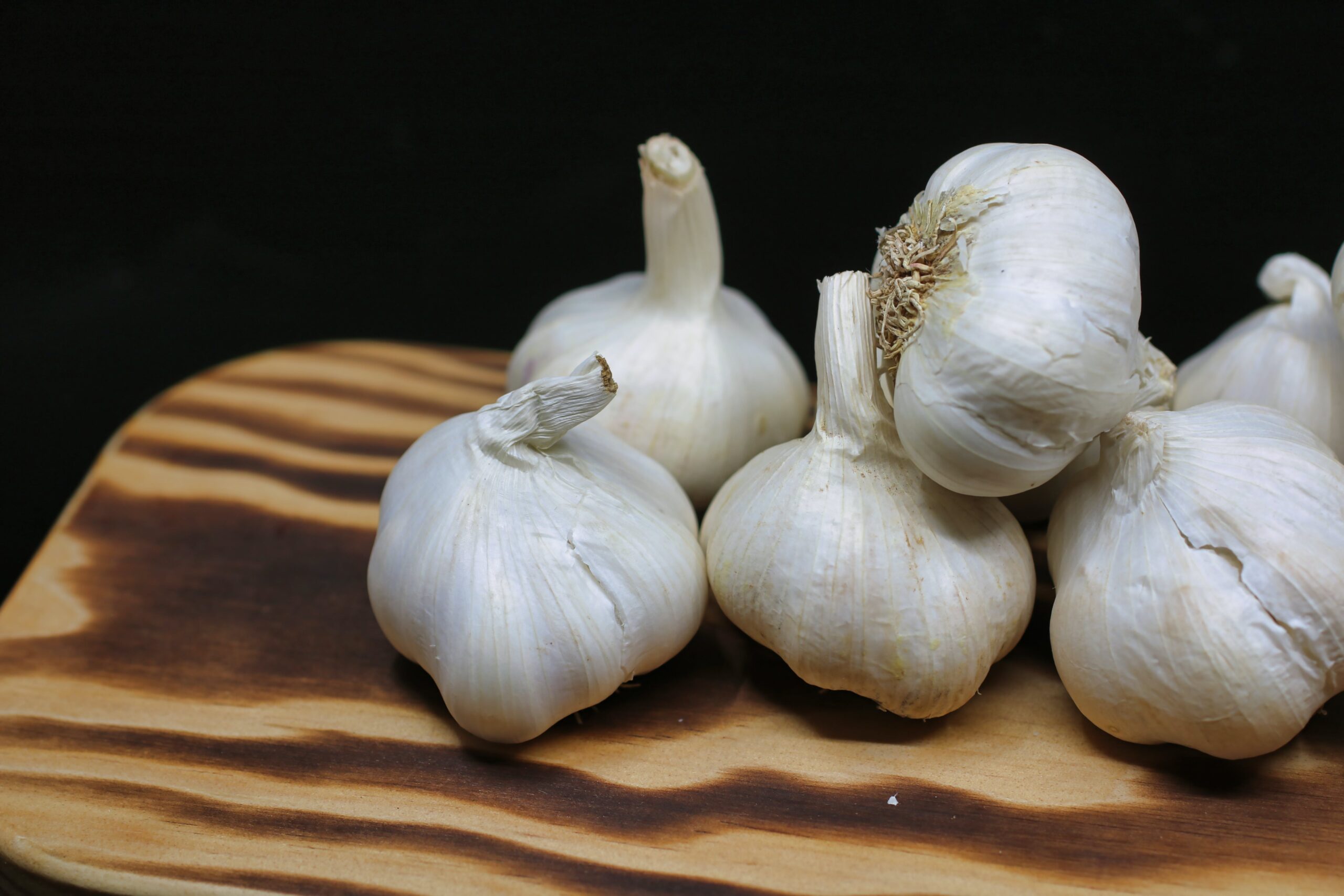
Due to a number of circumstances, including changes in lifestyle, eating practices, and a lack of physical activity, belly fat has become a frequent problem in contemporary society. The following are some of the main causes of abdominal fat:
- Sedentary Lifestyle: Whether at work, home, or during leisure time, many people spend lengthy periods of time sitting or being sedentary.
- Unhealthy Diet: People are eating more processed, unwholesome meals that are heavy in calories, refined sugars, and saturated fats. These foods frequently lack essential nutrients and cause weight gain, especially around the abdomen.
- Stress: Long-term stress can release cortisol, a hormone linked to increased belly fat storage. In addition to causing emotional eating, stress can also cause weight gain.
- Sleep deprivation: Sleep deprivation can upset the body’s chemical balance, influencing appetite hormones and raising the risk of weight gain.
- Genetics: Some people may be predisposed to retaining belly fat due to hereditary causes.

Consider taking the following precautions to prevent belly obesity and improve general health:
- Follow a Balanced Diet: Put an emphasis on consuming a diet full of fruits, vegetables, whole grains, lean meats, and healthy fats. Reduce your consumption of processed foods, sweet drinks, and high-calorie snacks.
- Maintain Your Fitness Level: Include regular exercise in your everyday routine. Aim for strength training twice per week and at least 150 minutes of moderate-intensity aerobic activity per week.
- Manage Stress: Discover healthy coping mechanisms for stress, such as mindfulness exercises, meditation, yoga, or taking part in enjoyable activities.
- Get Enough Sleep: To support your body’s general health and maintain a healthy weight, aim for 7-9 hours of excellent sleep each night.
- Portion Control: Use portion control to prevent overeating and thoughtless eating.
- Maintain Hydration: To maintain hydration and prevent confusing hunger with thirst, drink plenty of water throughout the day.
- Avoid Crash Diets: Avoid extreme diets that promise quick weight loss because they frequently produce short-term results and may be harmful to your long-term health.
- Be consistent. It takes time and persistence to change your living habits. Instead of looking for fast fixes, concentrate on achieving gradual, lasting changes.

Everybody’s body is unique, so it’s important to speak with a medical practitioner or a qualified dietitian to create a custom plan that meets your unique requirements and objectives.
Remember that a good diet and regular exercise are essential for preserving a healthy weight. Some healthy natural home cures and routines are listed below:
- Apple Cider Vinegar: According to some research, apple cider vinegar can help you lose weight by encouraging a feeling of fullness and regulating your blood sugar levels. Before meals, take a glass of water with one spoonful of apple cider vinegar mixed in it.
- Green tea: Green tea is a great source of antioxidants and other substances that could help to increase metabolism and encourage fat burning.
- Lemon Water: Warm lemon water might aid with digestion and detoxification when consumed in the morning. Additionally, it might improve metabolism and appetite control.
- Ginger: Ginger can help with digestion and has built-in anti-inflammatory effects. Ginger can be grated and added to meals, beverages, or tea.
- Cinnamon: It may assist in controlling blood sugar levels and lowering the desire for sweet foods. Sprinkle some cinnamon over your meals or beverages.
- Coconut Oil: Medium-chain triglycerides (MCTs) found in coconut oil may help metabolism. However, because it contains a lot of calories, it must be used sparingly.
- Honey: Substituting honey for refined sugar will help lower calorie intake overall and offer some antioxidants and nutrients.
- Foods High in Fiber: Include foods high in fiber in your diet, such as whole grains, fruits, and vegetables. Fiber encourages fullness and aids in controlling blood sugar levels.
- Regular Exercise: To burn calories and gain lean muscle, combine cardiovascular workouts (such as jogging, cycling, or walking) with strength training.

Keep in mind that, while these natural therapies can support a healthy lifestyle, they cannot replace a balanced diet and regular exercise. To reach and maintain a healthy weight, focus your attention on making changes that will last to your food and level of activity. For individualized counseling and direction, it’s always a good idea to speak with a healthcare practitioner or a certified dietitian.





Hello there, I think your website could be having web browser compatibility problems.
When I take a look at your blog in Safari, it looks fine however, if opening in IE,
it has some overlapping issues. I simply wanted to
give you a quick heads up! Apart from that, great website!
thankyou